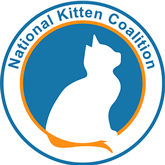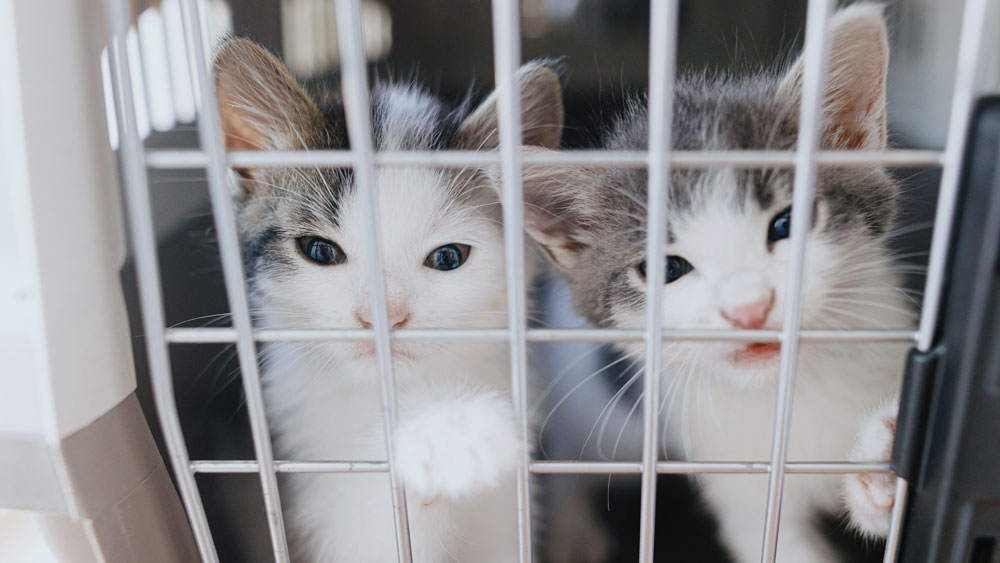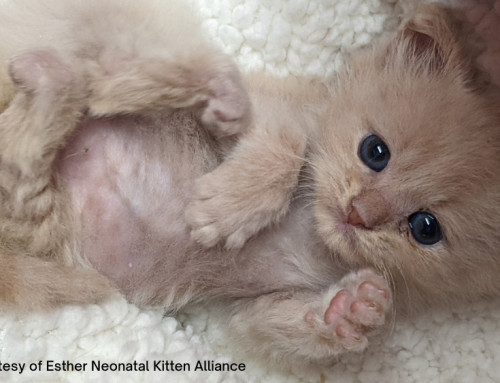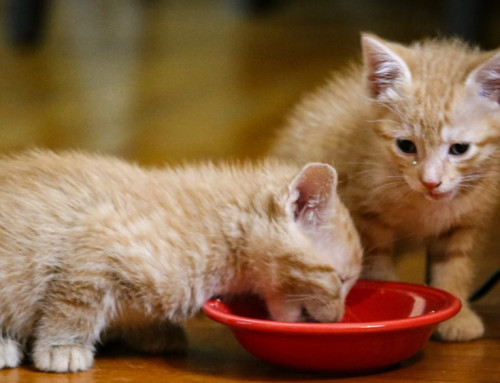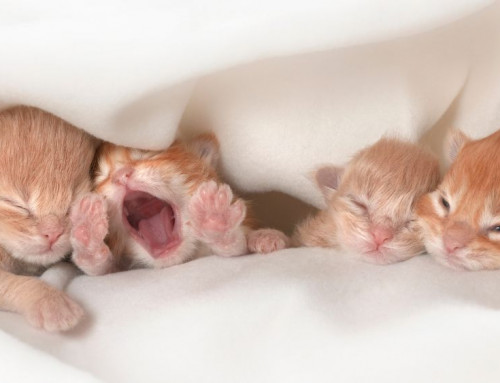Share this resource or email it to a friend!
Regardless of their financial status or where they live, most people treat their pets as family members and want to provide them with nutritious food, water, shelter and veterinary care. Unfortunately, veterinary care is beyond the reach of millions of households. There are many reasons for this.
Recent studies have been conducted to identify the barriers to “Access to Care.” The results and recommendations of these studies will help veterinarians, animal welfare and rescue organizations, lawmakers, community leaders and others improve access to veterinary care for pets currently without it. Hopefully, unowned animals will get the care they need, too.
What does this have to do with orphaned neonatal kittens (under 4 weeks of age who can’t eat on their own) and other kittens?
- Veterinary care costs are beyond the reach of many caring for kittens.
- Veterinary hospitals, animal shelters and rescues are not nearby.
- Veterinary appointments may be difficult to get because of staff shortages.
- People don’t have transportation to get to the veterinary clinic.
- People don’t have equipment (crates, carriers) to transport pets.
- Good Samaritans who find kittens may not have the money or time to care for orphaned neonatal kittens who need round-the-clock care or access to the internet to locate veterinary hospitals, animal shelters, rescue organizations and pet supply stores.
- Supplies for neonates (formula, bottles, warmers) may not be readily available in local stores and can also be expensive.
- Stores that sell these products are too far away.
Veterinarians have many business costs, including rent, employee salaries, insurance, medical equipment and supplies, etc. However, many veterinarians provide pro bono (free) services for lost and abandoned animals, discounted services for animal shelters, rescue organizations and individuals and groups conducting Trap-Neuter-Return (TNR) of feral community cats as well as payment plans to help people provide care for their pets.
Unfortunately, lack of services, especially spay and neuter for outdoor cats, or opposition to TNR means that lots of kittens are born every year. They are often born in lower income, underserved areas.
What can YOU do to create more access to care for kittens? In addition to the resources listed below to help families access care and help veterinary and animal welfare professionals provide care, consider these actions.
- Ask your local animal shelter or rescue organization how you can help them. There may be opportunities to foster, transport, volunteer at community events, donate supplies and money specifically for kitten care, fundraise and more.
- Advocate for TNR in your community to reduce the number of kittens being born outdoors and to improve the wellbeing of feral community cats and the people who live with them.
- Provide The National Kitten Coalition’s lifesaving information to animal shelters, rescue organizations, veterinarians, pet supply stores and others who help kittens. Visit https://kittencoalition.org.
Everyone can play a part in helping increase the survival rates of kittens. Thank you!
